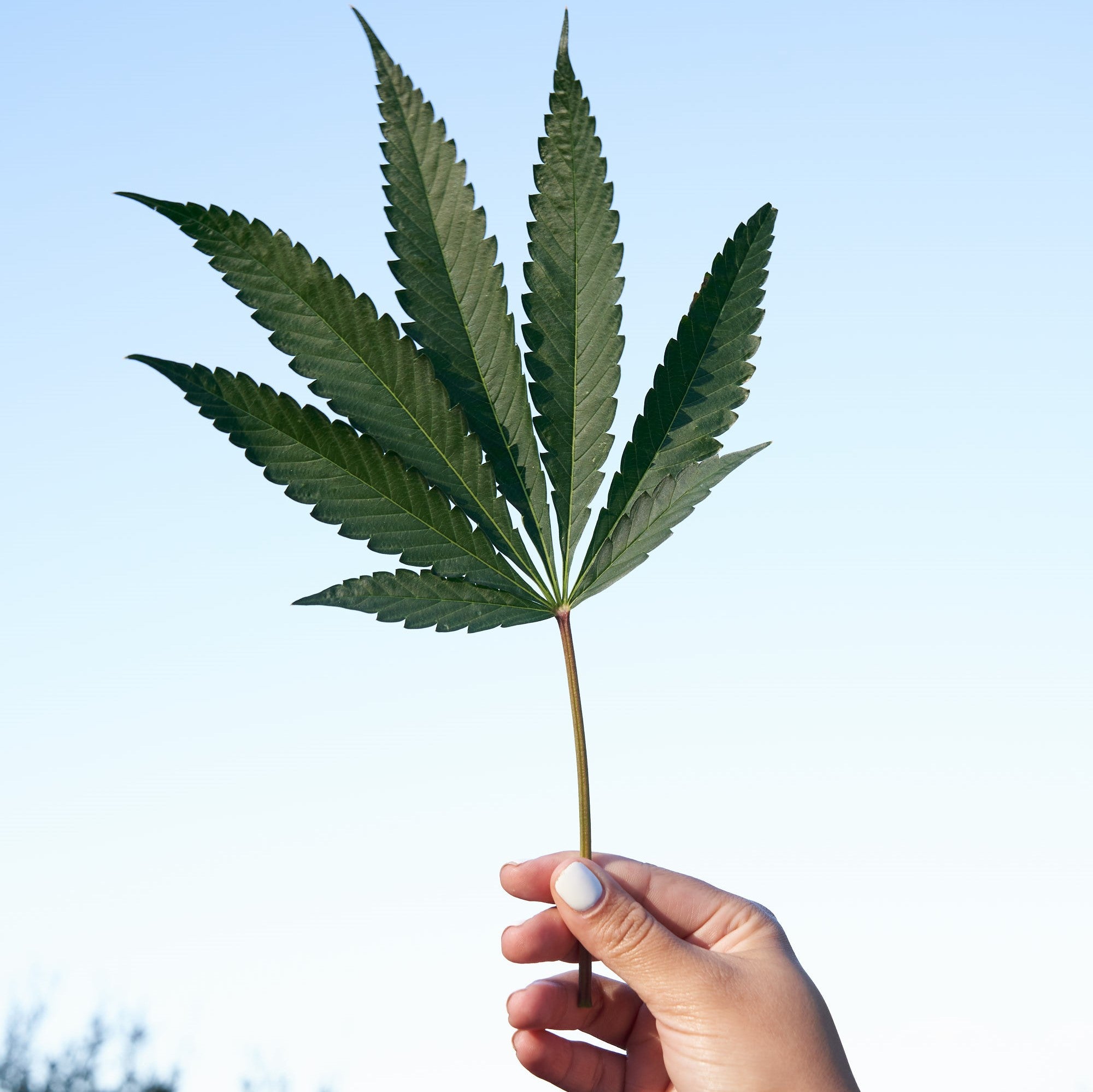Cameron Diaz Talks CBD with Sagely Naturals
Join us as we talk CBD with Cameron Diaz from how she discovered Sagely Naturals, why she became an investor, and how CBD works.

CBD 101
All cannabinoids, including CBD, produce effects in the Endocannabinoid System, which is responsible for helping maintain homeostasis and balance within the body. The body naturally produces cannabinoids to help regulate functions like mood, pain, and sleep, but these can become diminished due to internal imbalances or external stressors. Supplementing the body’s natural cannabinoids with hemp-derived CBD helps bring the body back to balance, and in doing so, may optimize whole body wellness.
Join us as we talk CBD with Cameron Diaz from how she discovered Sagely Naturals, why she became an investor, and how CBD works.
Enjoy up to $30 OFF select holiday bundles and checkout in just 1 click by clicking “Buy Now” below and enter the code for your favorite bundle. Bring even more...
Sagely Naturals announces its new Wise & Well CBD Oil Tinctures collection designed to keep your body in harmonious balance.